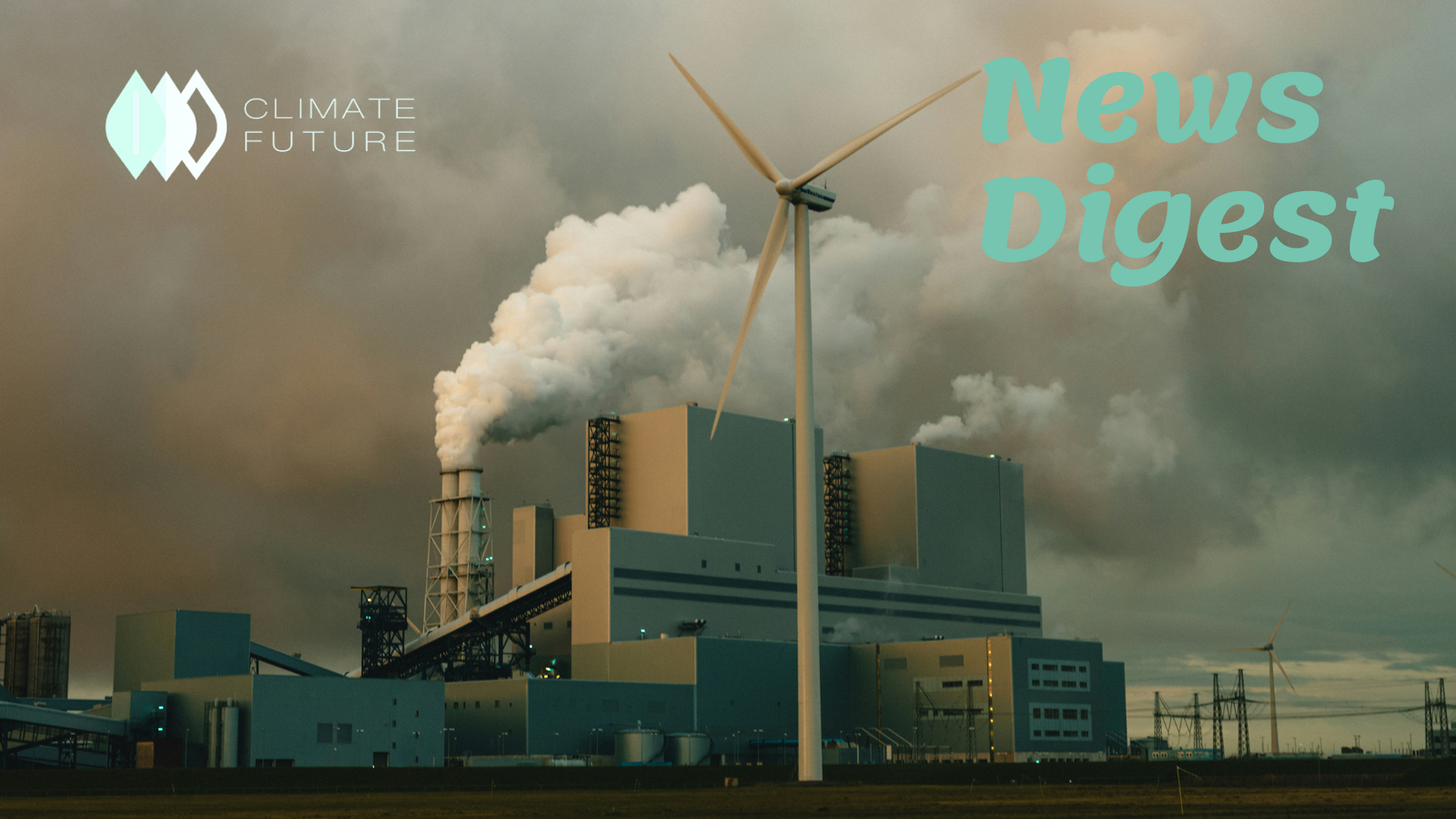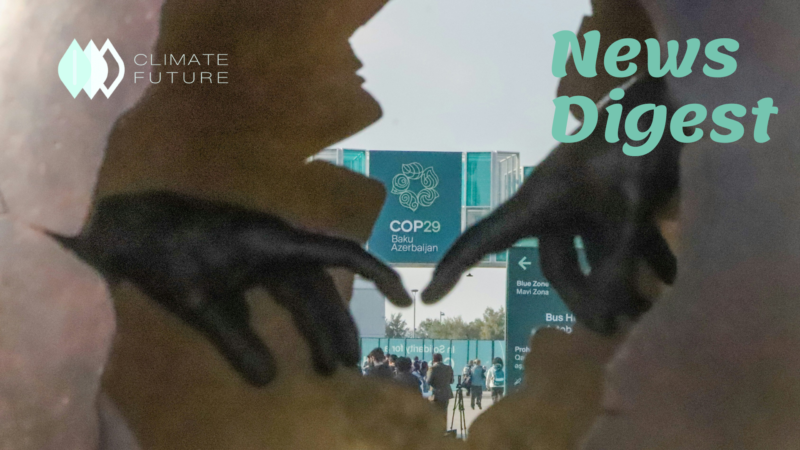Will Indonesia’s biodiesel push put its climate goals at risk?
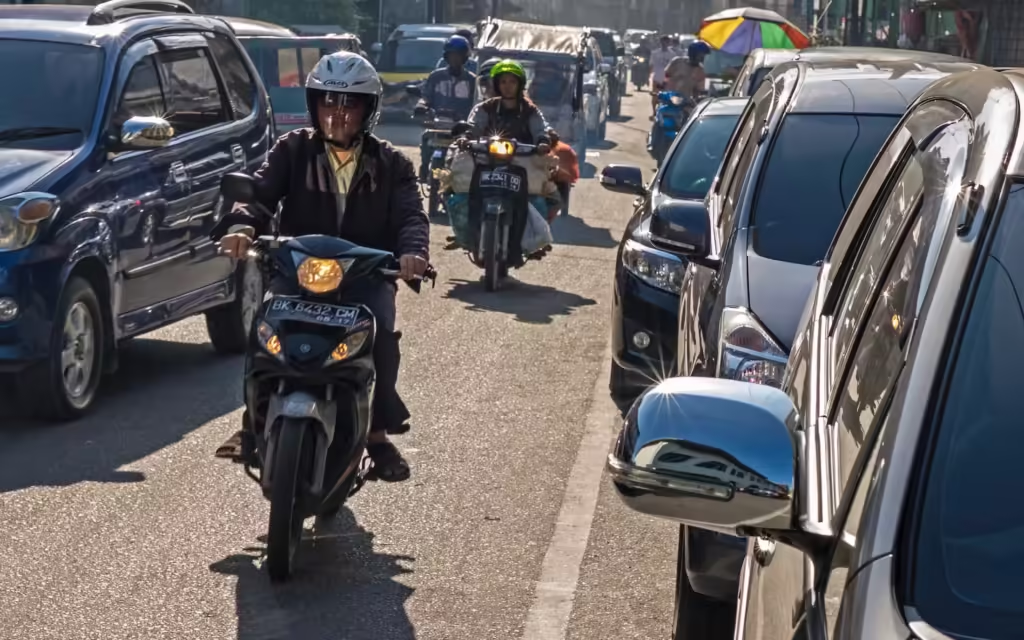
Indonesia wants to employ more biodiesel blends To become energy self-sufficient and less dependent on imported fuel. Critics counter that this would jeopardize the nation’s climate objectives. As more land is removed for plantations, the growing demand for palm oil to make biodiesel may result in additional deforestation. This would impede Indonesia’s efforts to reach its climate commitments by releasing large volumes of carbon dioxide into the atmosphere. Although biodiesel can lower some emissions, deforestation and other reasons make it harmful to the environment overall. According to experts, tackling forest fires and concentrating on renewable energy sources like solar power would be more successful in cutting emissions and accomplishing climate targets. The country’s energy and environmental policies may not be sustainable in the long run, as the government’s push for higher biodiesel blends raises questions. The future of Indonesia depends on striking a balance between energy security and climate action.
Southeast Asia recycling plays catch up ahead of battery boom
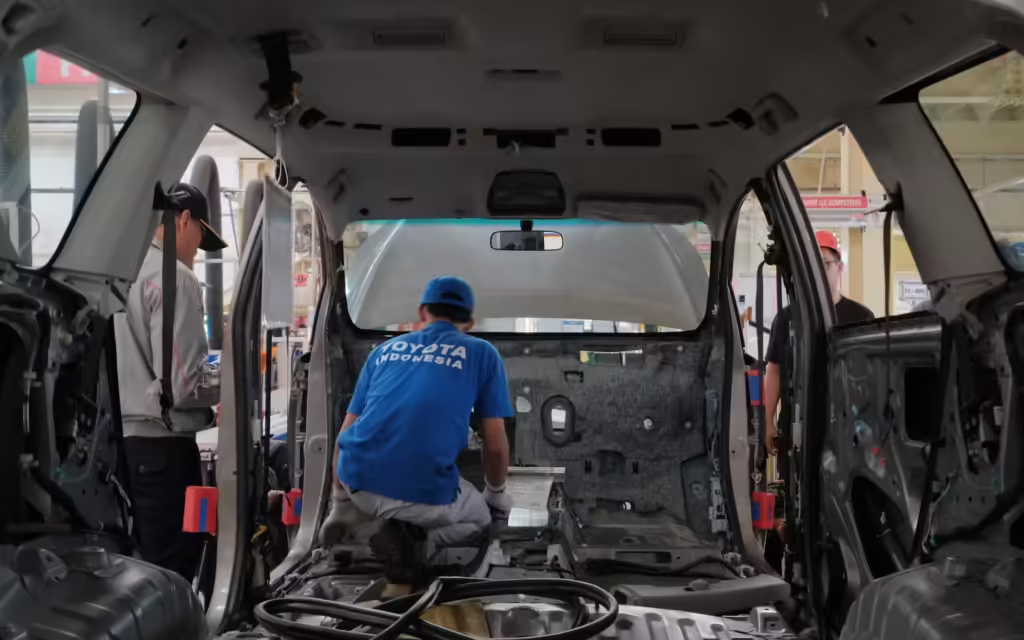
In Southeast Asia, the number of electric vehicles (EVs) is growing quickly, making battery recycling an urgent necessity. Even though businesses like EcoNiLi are starting to take on this problem, the area lacks the infrastructure and laws necessary for recycling that nations like China and the EU have. As the need for vital minerals like lithium, nickel, and cobalt to make EV batteries grows, worries about the effects on the environment and labour violations related to mining and processing are heightened. Human health and the environment are also seriously endangered by the disposal of expended batteries. Southeast Asian governments must invest in the construction of recycling infrastructure, enact laws that encourage recycling, and provide incentives for the collection of old batteries. However, there are still many difficulties, like finding and gathering batteries, especially in nations with import restrictions. Although recycling is an important first step, it is not a comprehensive answer. Recycling itself can produce hazardous waste and be an energy-intensive operation. Additionally, the extraction of raw materials for new batteries may have a big social and environmental impact. A complete strategy is required to create a truly sustainable future, one that includes energy efficiency promotion, investments in renewable energy sources, and the development of cutting-edge technology to reduce the environmental impact of battery production and recycling.
Indigenous rights under pressure as Philippine minerals boom
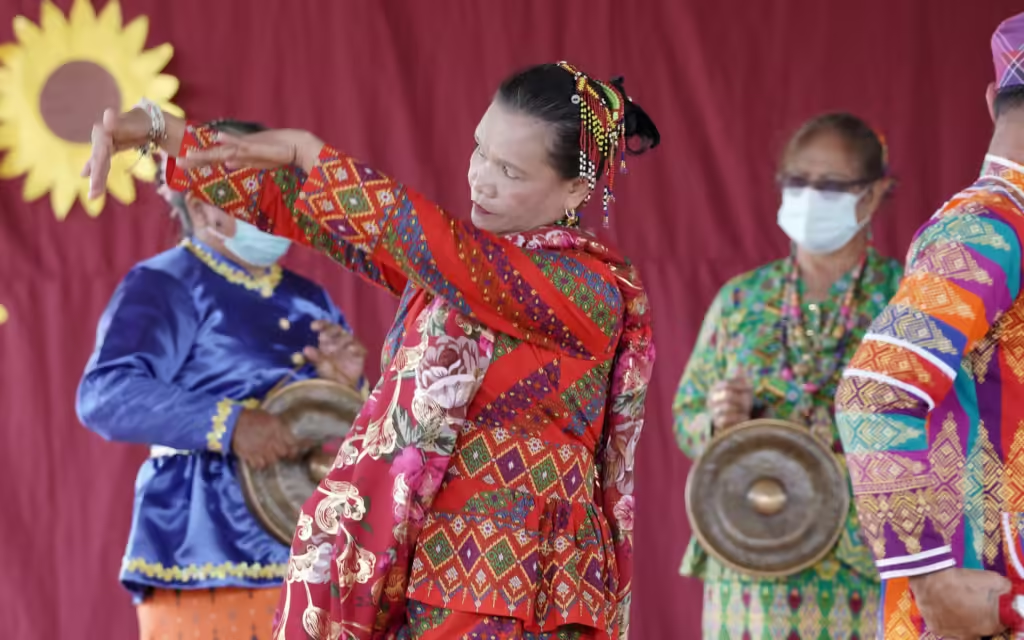
Conflict between mining companies and Indigenous people is becoming more prevalent in the Philippines, a significant supply of vital minerals like nickel. The country’s mineral riches are considered essential to the global energy transition, but the rights and livelihoods of Indigenous peoples are at risk due to the growth of mining operations. Indigenous communities’ rights are intended to be protected by the Indigenous Peoples’ Rights Act (IPRA), but many conflicts have resulted from the act’s poor implementation. Tensions have been heightened by problems including the drawn-out land title acquisition process, infractions of the Free, Prior, and Informed Consent (FPIC) protocols, and the opaqueness of the decision-making process. A more just and equitable approach to mining is being promoted by a number of parties, including government agencies, civil society organizations, and Indigenous people, in order to address these issues. Stronger enforcement of the IPRA, more stringent environmental laws, and increased openness in the decision-making procedures are all examples of this. To ensure fair benefit sharing and reduce negative effects on the environment and society, a proposed alternative minerals management bill aims to better control mining operations. The Philippines can utilize its natural riches while preserving the environment and the welfare of its citizens by putting Indigenous communities’ rights first and encouraging sustainable development.
Legal rights for nature boost biodiversity conservation

The Kukama people of Peru and other indigenous groups in the Amazon are spearheading efforts to preserve the jungle and its biodiversity. By taking legal action, they are protecting the rights of the environment itself, seeing ecosystems and rivers as sentient beings with intrinsic rights. In Latin America, the “rights of nature” movement is gaining traction, and nations like Ecuador, Colombia, and Peru are setting significant precedents. These court rulings seek to upend the conventional human-centered interpretation of environmental law and give nature preservation a top priority. Despite the importance of these legislative developments, there are still obstacles to overcome before these rights may be implemented and upheld. Ecosystems are still in danger from illicit activities like mining and deforestation, and government officials frequently find it difficult to follow court decisions. Reducing climate change and conserving biodiversity depends on protecting the Amazon. A sustainable coexistence of humans and nature can be achieved by acknowledging the rights of nature and empowering Indigenous communities.
References
https://www.eco-business.com/news/will-indonesias-biodiesel-push-put-its-climate-goals-at-risk
https://www.eco-business.com/news/southeast-asia-recycling-plays-catch-up-ahead-of-battery-boom
https://www.eco-business.com/news/indigenous-rights-under-pressure-as-philippine-minerals-boom
https://www.eco-business.com/news/legal-rights-for-nature-boost-biodiversity-conservation

